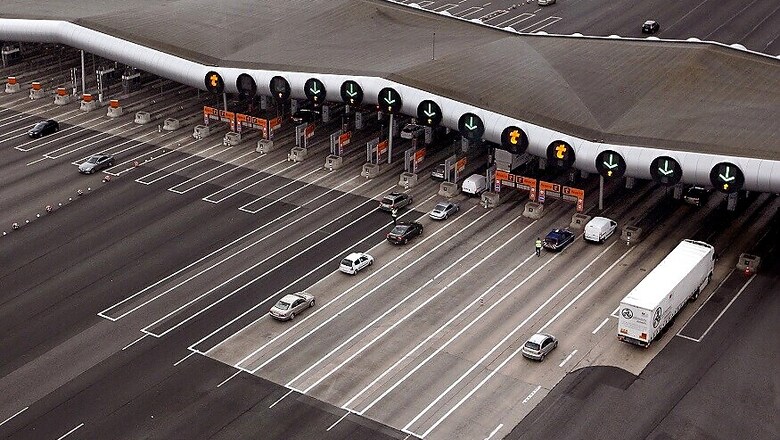
views
On the face of things, driverless cars are a pretty straightforward idea. After all, we've had drones without pilots flying thousands of miles away for years now. To be fair, the technology for cars to be able to operate without a driver has been around for a while now, but it's dealing with the vehicles interacting with the rest of the environment that's the real challenge. While we already have systems that can read road signs and understand traffic signals, toll booths have now emerged as the latest battleground between manufacturers pursuing truly driverless car technology.
This all got started on Monday with Renault announcing a new collaboration with Sanef, a French highway operator, with the focus of the partnership being how self-driving cars navigate toll lanes. Somewhat inevitably, just a couple of days later Renault's French rival, PSA Group, also announced it was partnering with road infrastructure company Vinci. It was also revealed that one of the group's Citroen C4 prototypes had successfully managed to negotiate a toll booth without any input whatsoever from the driver.
Toll exchanges are just the latest particular challenge to become the focus of making autonomous vehicles viable in the real world. The main issues are that lanes don't have dividing lines for onboard cameras to capture, the toll booths measure just three meters wide, and of course, other drivers can frequently indulge in unexpected moves. Perhaps the reason why toll booths have emerged as such an important hurdle to overcome for self-driving cars is that it's believed if they can be made to adjust to those conditions, they'll also be able to handle other potential dangers, such as traffic circles and work zones.
This new toll-booth rivalry between the French manufacturers Renault and PSA is the perfect illustration of just how competitive the race to develop autonomous vehicle technology and bring it to market has become. The consulting firm AlixPartners has revealed a new study that suggests only a handful of the 50 major companies currently spending billions on the technology will emerge successful.



















Comments
0 comment